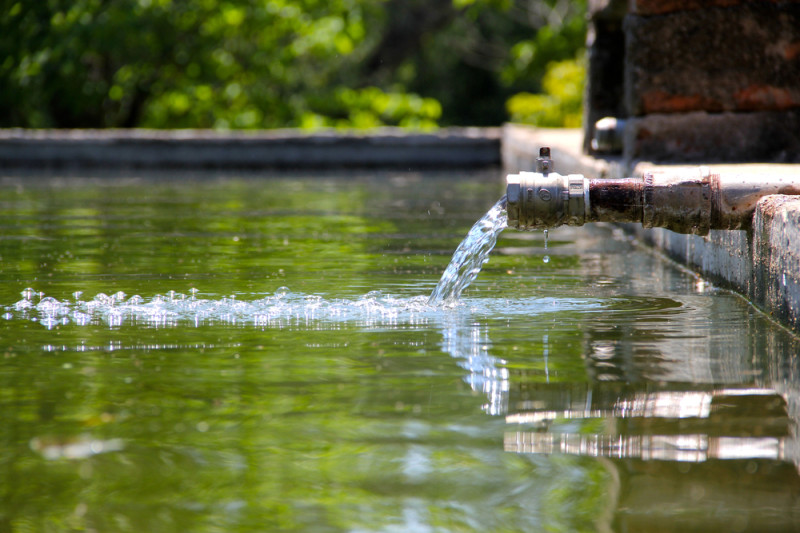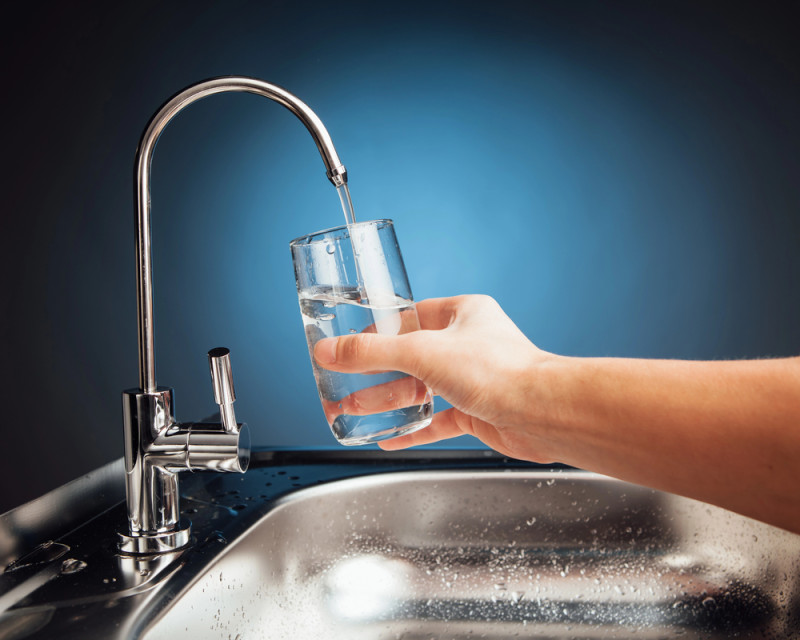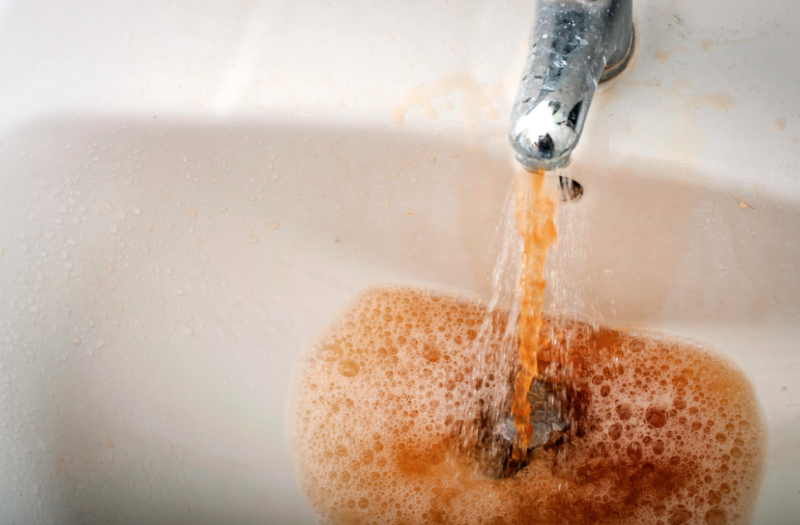Ever wondered how water filters work? Water filters remove impurities like dirt, bacteria, and chemicals, ensuring your water is safe and refreshing to drink. They’re a must-have for homes and businesses alike, especially if you’re keen to improve water quality and taste.
But it’s not just about how they work – many people also ask, how you change a water filter, or whether water filters can remove PFAS, a harmful chemical found in some water supplies.
Let’s explore the answers and help you understand everything you need to know about water filtration.
Want tailored advice on how water filters work? Get in contact with your local Perth plumber from Swan’s Professional Plumbing!
What Is a Water Filter?
Water filter systems remove impurities such as sediment, chlorine, bacteria, and even harmful chemicals found in tap water. Depending on the type of filter, it can also improve taste and smell, making your drinking water not only safe but more enjoyable.
How Does a Water Filter Work?
The way a water filter works depends on the type of filtration system. Here’s a breakdown of the most common types:
Activated Carbon Filters
These filters use porous carbon to trap chemical impurities like chlorine, pesticides, and volatile organic compounds (VOCs). The carbon’s large surface area adsorbs impurities, reducing harmful chemicals and improving water’s taste and odour. Activated carbon filters are excellent for general household use but may need regular replacement to stay effective.
Reverse Osmosis Filters (RO)
Reverse osmosis water filter system forces water through a fine, semi-permeable membrane under pressure. This process removes larger particles like lead, arsenic, nitrates, and even some microorganisms. Known for being one of the most effective filtration methods, RO systems can waste water during the purification process, so they’re often paired with water-saving technologies.
Ion Exchange Filters
These filters are specifically designed to soften hard water by replacing calcium and magnesium ions with sodium or potassium ions. This reduces scale build-up in pipes and appliances, improving water quality for daily tasks like cleaning and bathing. While great for hard water areas, ion exchange filters are not effective against chemicals or biological contaminants.
UV Filters
UV filtration systems kill bacteria, viruses, and other microorganisms by exposing water to ultraviolet light. This non-chemical process makes water safe to drink, particularly in areas where microbial contamination is a concern. UV filters are often combined with other types of filtration systems, as they don’t remove sediments or chemicals.
Sediment Filters
Sediment filters act as a pre-filter, capturing large particles like dirt, sand, and rust as water passes through the filter’s physical barrier. This not only protects your plumbing and appliances but also extends the life of other filters in your system. While effective at removing visible debris, they don’t address dissolved contaminants or bacteria.
Each type of filter has a specific role, so it’s important to choose one that meets your needs.
Can Water Filters Remove PFAS?
PFAS (per- and polyfluoroalkyl substances) are man-made chemicals linked to health concerns, often found in water supplies. So, can water filters remove PFAS? Yes, but not all filters are effective. Here’s what you need to know:
- Activated Carbon Filters: Some high-quality carbon filters can reduce PFAS, though not entirely.
- Reverse Osmosis Systems: RO systems are highly effective at removing PFAS.
- Specialised Ion Exchange Filters: Certain models are specifically designed to target PFAS compounds.
If you’re worried about PFAS, check for filters certified for their removal and consider expert advice to find the right solution.
Benefits of Using a Water Filter
Now that you know how water filters work, let’s look at the benefits of water filters and why they are a great addition to your home:
- Better Taste and Smell: Water filters remove impurities like chlorine, which can leave your water tasting and smelling unpleasant. By filtering out these chemicals, your tap water will have a fresher, cleaner taste that’s perfect for drinking, cooking, or making beverages like tea and coffee.
- Healthier Drinking Water: Contaminants such as bacteria, heavy metals, and chemicals are often found in water. Water filters effectively remove these harmful substances, providing you and your family with safer tap water.
- Cost Savings: Filtered water is significantly cheaper than buying bottled water. By installing a water filter, you can reduce reliance on single-use plastic bottles, saving money in the long run and helping the environment. It’s a one-time investment that pays off over time.
- Customisation: With a variety of filters available, you can address specific water quality issues such as hard water, high chlorine levels, or PFAS contamination. Whether you need a basic activated carbon filter or a comprehensive reverse osmosis system, there’s a solution tailored to your needs.
- Protection for Appliances: Hard water and sediment can damage appliances like dishwashers, washing machines, and kettles, leading to costly repairs or replacements. Filters such as sediment and ion exchange systems can protect your appliances by reducing scale and preventing debris from entering your water supply.
- Peace of Mind: Knowing your water is free from harmful contaminants gives you confidence in the quality of what you and your family are drinking. Filters designed for specific issues, like UV filters for bacteria or RO systems for heavy metals, ensure your water is as safe as possible.
Install A Water Filter Today
Need expert advice? Contact Swan’s Plumbing today. We can help you choose the perfect water filtration system for your home or business, with professional installation and maintenance services to keep your water clean and safe.



